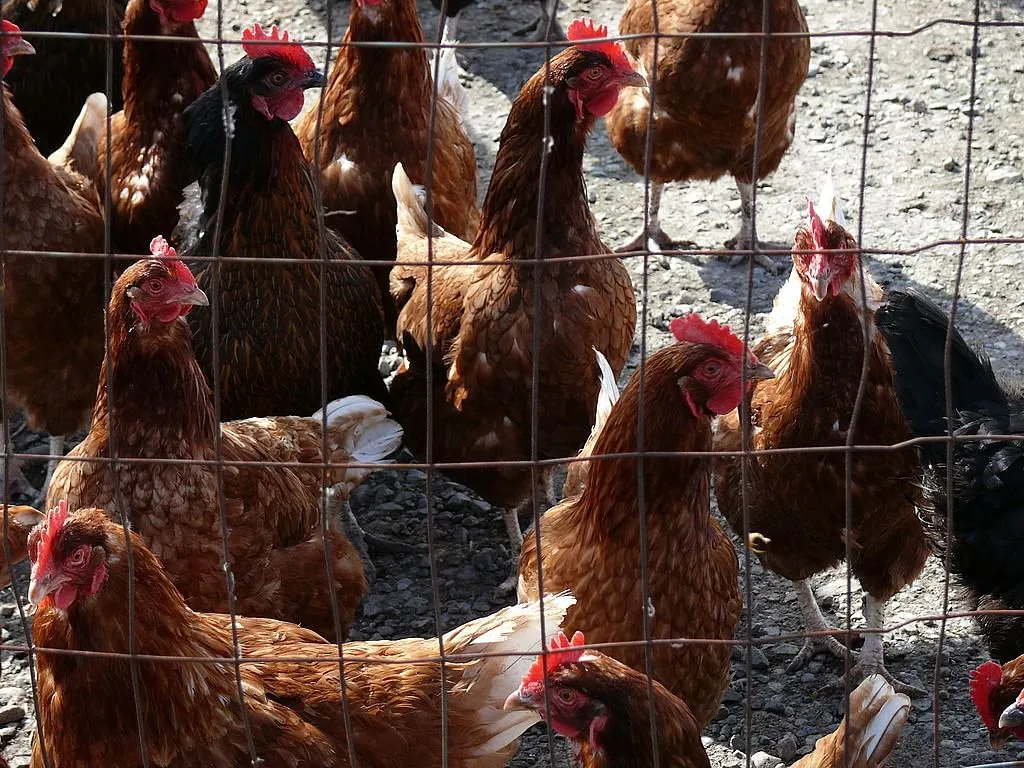Poultry division of Animal Husbandry department here completed culling exercise of hundreds of birds in Bandipora district, around the spot where a sample had tested positive for avian influenza days ago.
Avian influenza scare pushed authorities to cull 568 domestic birds around 1 km radius of Saderkoot Payeen in Hajin block of district Bandipora. This is the first time that mass culling of birds has been carried out in Kashmir, Joint Director Poultry, Dr Mushtaq Ahmed Shah said. He said the order to kill the birds was issued as a precautionary measure to contain the spread of avian influenza and was carried out for three days. “Today, the exercise was completed by a joint team of administration and our department,” he said.
In February, samples from domestic geese taken from villages around Saderkoot had tested positive for avian influenza. Following this confirmation, authorities had ordered that all birds, commercial and backyard categories in the area be slaughtered to contain the outbreak. Villages where the influenza had been reported were also declared containment zones.
Earlier last week, avian influenza had also been confirmed in a poultry bird at Sopore in Baramulla district. An official in the department said that other birds with the same source were also tested in Tangmarg area of the district. “The reports were received on Monday and none of the samples was found infected from any of the sources wherefrom the Sopore bird had come,” he said.
Till date over 12 samples in Kashmir division, primarily from crows, have been found positive for avian influenza. Dr Shah said a single strain of bird flu has been confirmed across all the birds that have been found infected. “In crows, geese and poultry, we found H5N8,” he said while adding that it was a “not a very virulent virus”.
J&K Government has imposed restrictions on transport of poultry from outside the UT. “All trucks are inspected and samples taken from them at check posts,” Dr Shah said while claiming that these practices had helped in averting an outbreak in the division.
However, reports of unusual bird mortality have surfaced frequently from across the districts in February, a trend that the department has attributed to factors other than influenza.
Dr Naveed Nazir Shah, head department of pulmonary medicine at GMC Srinagar said that the precautions for prevention of avian influenza among the human population were the same as were being followed for COVID19. “The same hand hygiene and mask should be used when in close proximity with infected birds,” he said.
He said that research had shown that consumption of poultry, even if infected, did not cause the infection in humans if proper handling cooking guidelines are followed.






